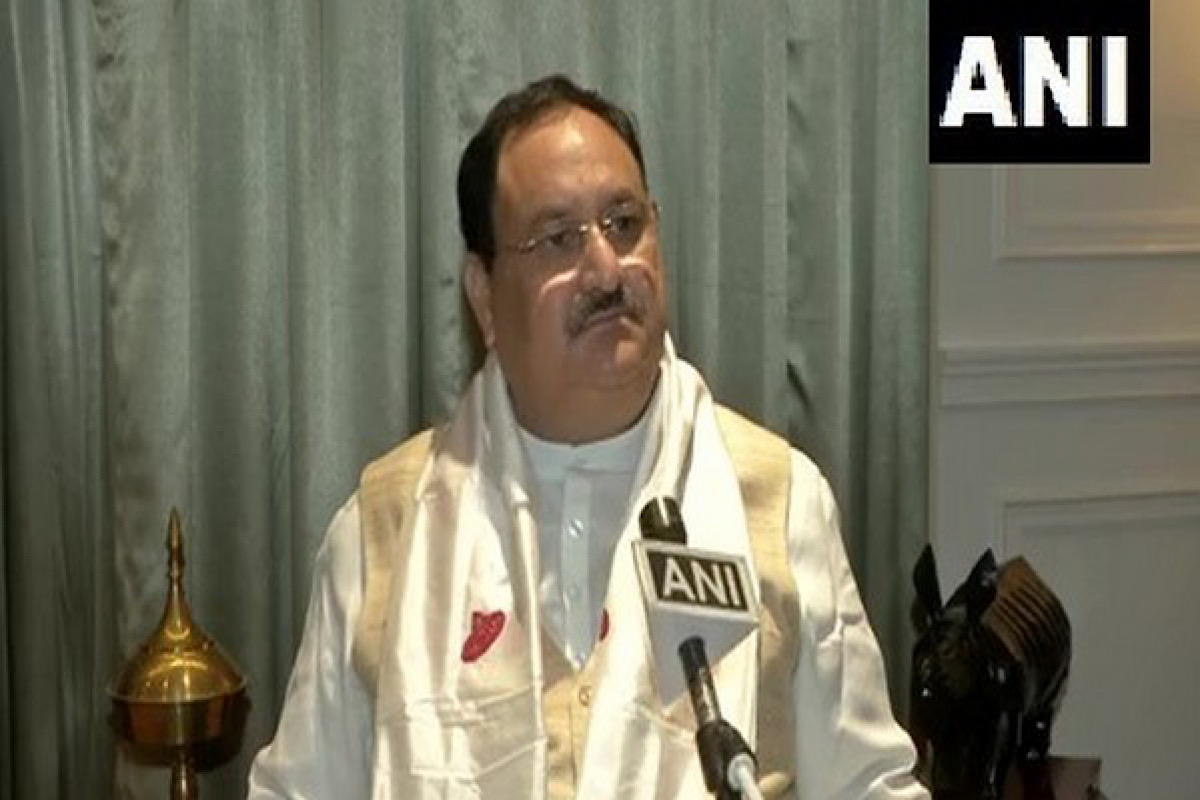Nadda, Yogi take a holy dip at Triveni Sangam during Mahakumbh
BJP National President JP Nadda, accompanied by his family, took a sacred dip at Triveni Sangam on Saturday, embracing the spiritual essence of Mahakumbh.
Delivering the keynote address in the opening session of the 33rd board meeting of the PMNCH through a video message, he reiterated the Government of India’s assurance to advancing this issue.

Union Health Minister Jagat Prakash Nadda (Photo:ANI)
Union Health Minister Jagat Prakash Nadda has lauded the Partnership for Maternal, Newborn and Child Health (PMNCH) for its commitment to the wellbeing of women, children and adolescents.
Delivering the keynote address in the opening session of the 33rd board meeting of the PMNCH through a video message, he reiterated the Government of India’s assurance to advancing this issue.
Advertisement
The Health Minister underscored the importance of continuing the focus on accelerating progress towards sustainable development goals (SDG) and preparing for the post 2030 agenda.
Advertisement
He also emphasized on the power of partnership and multiple stakeholders working in unison towards attainment of the common goals.
Aradhana Patnaik, Additional Secretary and Mission Director (NHM), Health Ministry is leading the Indian delegation at the 33rd Board Meeting of PMNCH in Geneva.
PMNCH is the world’s largest alliance committed to protecting and promoting the health, well-being and rights of women, children and adolescents. Its vision is a world in which every woman, child and adolescent realizes their right to health and well-being, leaving no one behind.
The PMNCH is governed by a Board and administered by a Secretariat hosted by World Health Organization (WHO) in Geneva, Switzerland.
The 33rd PMNCH Board meeting will provide an opportunity for its members to agree on major priorities and opportunities to advance Maternal, Newborn and Child Health (MNCH), Sexual and Reproductive Health and Rights (SRHR) and adolescent well being goals in the final period of our current 2021-2025 strategy.
It will also initiate discussion on priorities for the development of the 2026-2030 PMNCH strategy, including how PMNCH should position its issues and itself in relation to the post-2030 UN development goal-setting process.
Advertisement